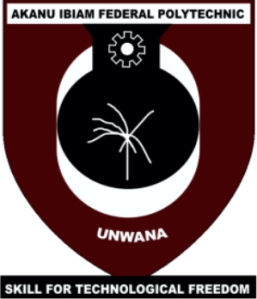

- ISSN: 2814 – 2802
- +234 0803 482 2346
- services@ajikt.org
KNOWLEDGE SHARING STRATEGIES FOR CAPACITY BUILDING AMONG NIGERIAN ACADEMICS IN THE KNOWLEDGE ECONOMY
Abstract
This paper is focused on knowledge sharing strategies for capacity building among Nigerian academics in the digital and knowledge economy era. Using current literature, it defines knowledge the practical know-how and intuition stored in people’s heads and documented to effect positive change. Knowledge sharing is described as a set of practices and actions that help the better exchange of acquired information among personnel with their organizations and being able to reduce the time spent on problem solving, while increasing efficiency among personnel. Capacity-building is defined as the process of developing and strengthening the skills, instincts, abilities, processes and resources that organizations and communities need to survive, adapt, and thrive in a fast-changing world. Capacity development is important for skills development and abilities to discharge the assigned and statutory responsibilities as expected and for innovation and transformation. Contemporary knowledge sharing strategies for the digital era include community of practice, knowledge mapping, mentoring, institutional repositories, twinning, collaborations, etc. The challenges associated with the use of knowledge sharing for capacity building among Nigerian academics include absence of knowledge sharing policies, mistrust, inadequate digital literacy skills, lack of incentives, etc. The paper recommends the drafting of institutional knowledge sharing policy, application of reward mechanism, provision of knowledge sharing tools, etc., to address the challenges identified, and reposition knowledge sharing among Nigerian academics for capacity building that would result to sustainable development.